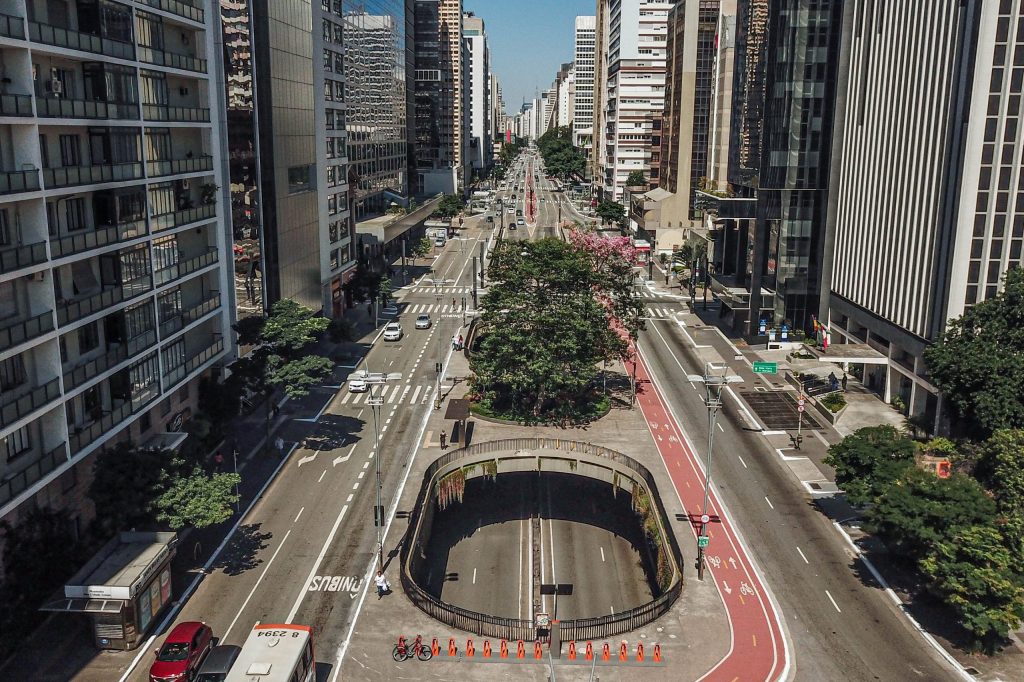The Federal Reserve’s recent hint at ending the US interest rate hikes has stirred excitement in financial markets.
This development also suggested a possible rate reduction in 2024. Following this news, Brazil’s Ibovespa, a major stock index, hit a record high.
Despite this surge, Caesar Maasry from Goldman Sachs urges caution for those investing in Brazil.
Maasry, in his talk with Bloomberg Línea, noted that Brazilian assets might gain from the global situation.
However, the Ibovespa has been outperforming since November. This strong performance could limit future growth.
Maasry emphasized the Federal Reserve’s influence on Brazil. He explained that lower risk premiums and possible interest rate cuts in Brazil could follow.

But, the Ibovespa’s recent success might mean smaller gains ahead. He also mentioned the shift in investor focus.
Many are not heavily investing in emerging markets. This trend is partly because of China’s underwhelming performance, which affects Brazil.
Moreover, US assets are currently more appealing.
According to Maasry, other emerging markets, like Mexico, might benefit more from the US economy’s gradual slowdown.
This scenario called a ‘soft landing’, involves a decrease in inflation without a recession. Mexico appears more attractive in this context.
For Brazil, one positive aspect is the lack of global focus on its domestic issues. Maasry believes this offers a window for Brazilian assets to grow before fiscal concerns arise.
He stressed the importance of Brazil’s fiscal dynamics. Investors quickly engage in markets but soon shift their attention to domestic stories.
Thanks to economic growth and a short-term focus on a weaker dollar, Brazil’s fiscal situation isn’t a key concern now.
Central Bank plays a protective role
Investor trust in Brazil’s Central Bank plays a protective role. Maasry suggests the Bank might limit rate cuts if fiscal deficits exceed expectations.
He highlights the strong link between fiscal deficits and interest rate movements.
Goldman Sachs predicts the Ibovespa will reach about 122,000 points in the next year. This forecast is below the current 130,000 points.
Maasry admits there could be higher potential, given the Federal Reserve’s relaxed approach.
He observed that Ibovespa’s earnings growth has been weaker than other emerging markets.
Countries like India and South Korea have seen stronger growth. This difference reflects Brazil’s economic conditions, which can hinder asset performance.
In conclusion, Maasry believes Brazil’s economic narrative needs more fiscal reform and domestic demand growth to change significantly in the coming years.

